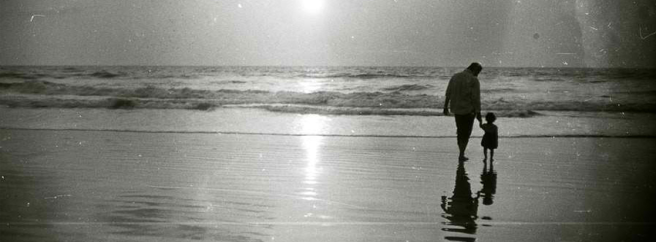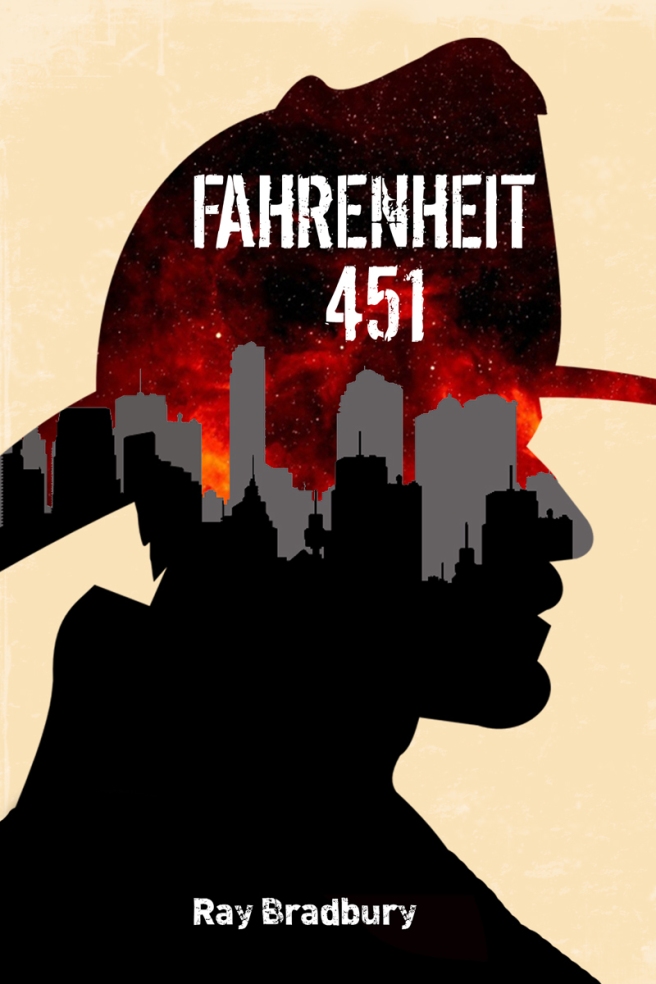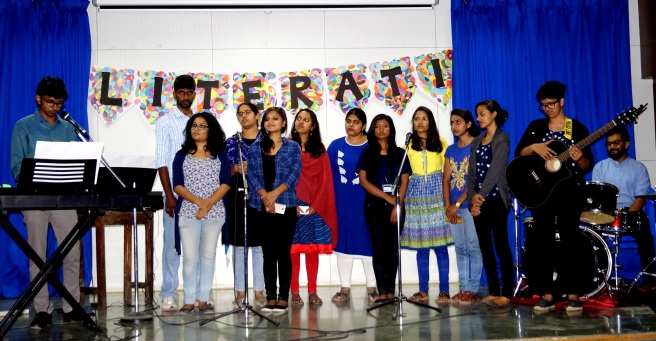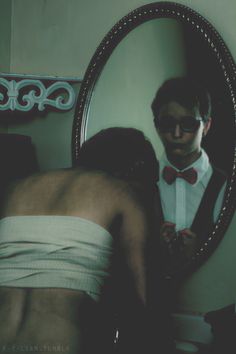Arpitha Jain

It was twenty past eight in the evening. Twisting and turning I lay in my bed, looking at the clock and at the door of my room alternatively hoping to hear a knock. Every time I heard a footstep or the creaking sound of the door I would jump up in my bed hoping it was him, I even skipped my dinner hoping he would care to come up to my room and check if I were okay but he didn’t come. It was rather foolish of me to wait. Five months and twenty seven days since Papa spoke to me. He became indifferent to my presence in the house, like I ceased to exist, like I didn’t matter. The last time he came to my room was in November to take my phone’s charger. Papa being the person he is, went 2 days without charging his phone just to avoid having any sort of conversation with me and finally sneaked in my room while I pretended to sleep. He took the charger and turned to leave when he saw my wall full of pictures of him and the family. He smiled and looked at me for a moment too long, his mouth half open as if he wanted to say something but then he thought of something and walked away. That was the last time. Five months twenty seven days later he still didn’t make an effort.
Having known then that Papa wouldn’t come, I go down to the kitchen to look for food. It was past midnight, everyone fast asleep. It bothered me that no one cared to ask if I were hungry. I saw Maggi in the cupboard and my face lit up. Not because I love it but because Papa doesn’t. And maybe, just maybe, if I made enough noise while cooking it, then probably he would wake up and shout at me. The thought of him finally looking at me made me so happy that I dropped vessels on the floor; I switched on all the lights and kept banging the kitchen platform with a spoon. Then I peeked into my parent’s room, I knew Papa woke up by then but he didn’t even open his eye, mom sleepily yelled at me. I didn’t eat the Maggi. Disappointed, I walked back to my room. What was his problem, I thought. There was no answer to it. So, I put on my earphones, played “Perfect” by SIMPLE PLAN on repeat and lay on my bed, again hiding my face under the sheets, though no one would see it and then I let the dam break, tears came streaming down my cheeks, heart beating at an unusual pace. I thought I wouldn’t make it to morning. We lived under the same roof and still I missed him. I almost forgot what having a father felt like.
I thought of all the times he was there. He called me his pride, of the three children he thought I would be the one who would take forward his legacy. I looked like my mother but my habits were like Papa. Sometimes Mummy would look at the two of us and say in jest, “Tere papa kaafi nahi the jo tu bhi bilkul unki carbon copy bani?” How then would he give up on me so easily? But then hadn’t I done the same thing?
Papa and I shared a very peculiar relationship. We were more like siblings. We never agreed upon the same idea, we never let the other win an argument irrespective of who was right, we never really got along and we would often deliberately disturb each other when the other was involved in something that was clearly more important. I would tell him how I learnt to tie a reef knot or what happened at school only when he would write down the day’s transactions in the office account book and he would always want to eat food cooked by me when I had my end semester exam, the next day. The only thing that pulled us through all these years was the belief that we had each other’s back. We never needed anyone else. I was always the favourite child. Every Sunday we would go for a ride on our Kawasaki and once I learnt how to ride, I would take him around the city on our Activa. I have been to planetarium and ChitraKala Parishat so many times, I know the way to these places like the back of my hand. While he rode, we would talk of books, actors, politics and shared dreams of travelling the world someday. We played antakshari during longer rides and people around us stared at us; some with curiosity, some amused, but most of them in horror because we were terrible singers. Every time he sang you could hear him smile through the words. It was so rare to see the stern face soften that I didn’t mind the embarrassment. He was so passionate about old Bollywood songs that once he started it was almost impossible to stop him. Years later when the guy I dated wouldn’t stop singing I couldn’t help but grin from ear to ear, I could never explain it to him. We would watch KAUN BANEGA CROREPATI, BHOOLE BISRE GEET, and CHITRAHAAR and religiously listen to AAPKI FARMAISH on Vividhbharat, every night with him. Nobody ever understood our passion for old songs.
Naturally my older brothers hated me. They never received the attention I did. He never thought anyone was ever good enough, except his father. He was Holden Caulfield trapped in the body of a 40 year old, so when he shared his most cherished memories with you, you were definitely special. He gave me his Hindi text book once; it remains one of my most prized possessions.
We came closer also because we travelled together and he made me do whacky things. Once when we were in Mumbai, Papa suddenly thought of setting out on the quest of finding his friend in a city so huge with no means of contact. We had nothing but his name and Papa’s instinct. It seemed like the most foolish thing to do. He recollected that his friend once mentioned his factory was in Dadar and with that piece of information we set out on our adventure on foot which lasted five hours until we ultimately found him. The Masala Dosa we ate after tasted better than anything I ever ate since.
But we don’t remain kids forever, we grow up and we see everything and everyone around us in better light. Papa wasn’t my hero anymore. He was a terrible husband and an indifferent father. He cared about me (or so I thought) because I validated him by being an extension of his personality. Of the 28 years, he’d been married to mom, he spent about 15 years alternatively without even speaking to her. So much for his ego that he once didn’t speak to her for about a year because she didn’t cook ‘well’, even though she lost her brother and her mother that same year, it didn’t melt Papa’s stone heart. He would smirk at her when she tried to read the newspaper and at Bhaiya when he said he wanted to do animation. For Papa, everyone was hopeless. I hated him more with every passing day. He would find new reasons to tell us we were hopeless and he was stuck with us. I had disagreements with him every alternate day and then one day all hell broke loose when he got me a new phone and said I cannot use it post 10 PM. I retorted, I spoke louder than I intended to, probably due to all the pent up frustration, “Talk sense for once Papa, I am not going to run away. Even if you take my phone I still have the P.C and Wi-Fi router in my room. If I have to do something stupid, I can still do it. If not anything else, at least trust your upbringing. But I would understand if you don’t.” and that is it. That was the last time we spoke.
Five months twenty seven days since he didn’t even look me in the eye. He was everything I detested in a person and yet I longed to talk to him. He may not be the best man but he is the reason I am what I am today. He may not be the most ideal father but I didn’t know life beyond him. He was my truth. He lived my habits. There was no way I could survive without him. I suddenly switched on the fairy lights in my room and gave a faint smile, half sleepy, half exhausted by crying continuously I slowly went into a deep slumber.
It was already past ten in the morning. I didn’t wake up, and I couldn’t. My face was numb and my body became stiff, I couldn’t move my arms or legs, I tried to call for help but words failed me, instead I just shouted. Bhaiya came rushing to the room and not able to comprehend my state called for Papa; he came to my room and somewhat reluctantly lifted me up and gave me a glass of water. No word of love, no hand on my head, he just walked away. I felt orphaned. After a while I managed to move and so I went down to the drawing room and saw him lay there which was unusual. He would usually be in the shop at this time. I was facing his back. I gathered all the courage I had and determined to sort all our issues, I took swift steps towards him. “Papa, can we talk?” I ask and then I notice tears welling up in his eyes. I step back; I don’t know how to react. It is only then that I notice everyone else around me.
Mummy is sitting in corner, giving out occasional sighs, her dreamless eyes, dead like the sky on a no moon day, tearless, looking into the void. Bhabhi continued to cook in the kitchen, she wasn’t up for any drama, I felt sorry, she didn’t wish for a house with broken relationships. My brothers stood next to me sharing the same little hope with me that everything will fall in place. “Papa, can we talk?” I asked again, determined to resolve all our issues. He looked at me, guiltily, defeated. It broke my heart to see the strongest man I knew at his most vulnerable moment. He looked so fragile, so tired, probably from holding the storm within that was struggling to escape him. He broke down. He cried so hard he could barely breathe. I was scared, my hands shivered, I looked at my brother who was already crying, and I wouldn’t lose him for anything. I held him more so to support myself than to console him and in between my sobs, I started, “Papa, I…” He waved at me to stop. He then called out to mom and said, “You and Bahu are important. This house wouldn’t run without you two.” They both stare at him perplexed; Mom looks at him in wonder, probably thinking, “After all these years? Does it matter now?” She took a deep breath, her sad eyes remained sad; she looked away thinking that all this was a mirage.
He looked at us then. He held our hands. My brother cried more profusely. I don’t remember the last time Papa held his hand. “Do I get another chance? I’d be a better father.” I couldn’t believe what had happened. Suddenly everything fell in place; suddenly all that we wished for all these years became a reality. We finally became what we called ourselves: A family. We hugged him for the first time ever in our lives. Just then I felt a tug at my foot, I turned around and saw my nephew calling out for me, “Buaaaa!” he shouted at the top of his voice. Before I could comprehend what was happening I saw a blurred image in front of my eyes, I raised my brow demanding for an explanation. The blurred image became clearer. It was Bhaiya. He said,
“Wake up!”




















